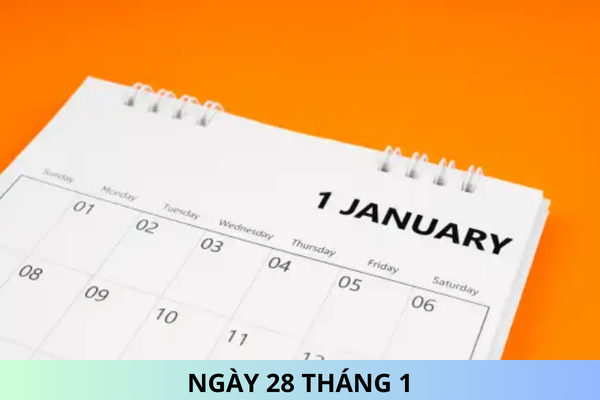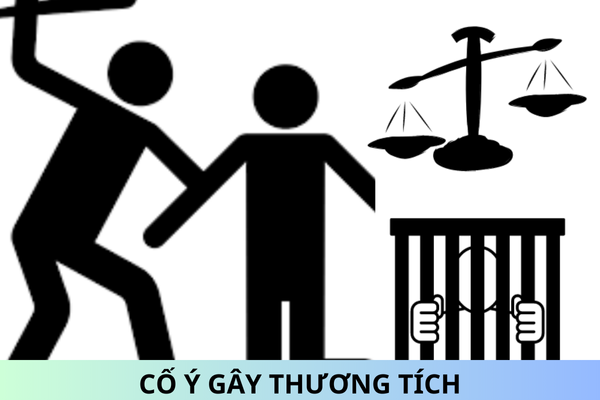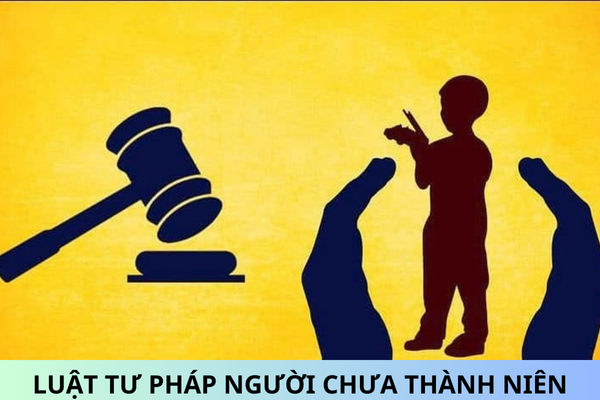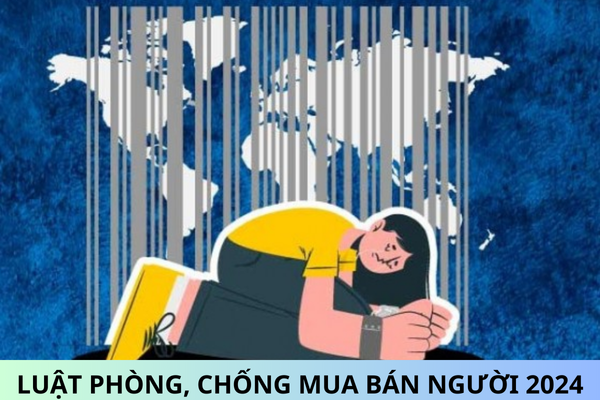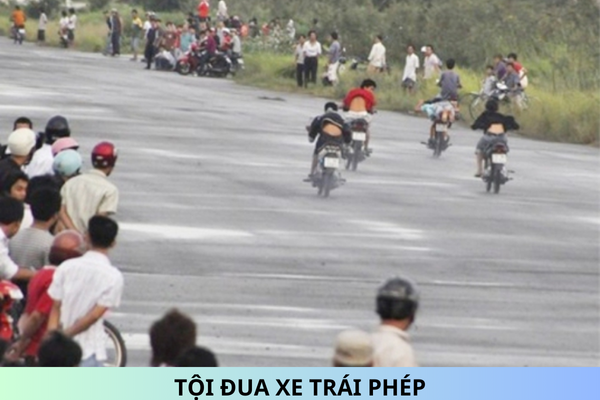Is it permissible for a life prisoner to be eligible for a pardon in Vietnam?
Is it permissible for a life prisoner to be eligible for a pardon in Vietnam? Is it permissible for people having previous convictions to be eligible for a pardon in Vietnam? What are rights and obligations of pardon petitioners in Vietnam?
Hello Lawnet. My father was convicted of murder. He was sentenced with life sentence by the court. I want to ask if my father can get a pardon. In addition, my father also has a previous conviction. Is he eligible for a pardon? Thanks for your advice!
Is it permissible for a life prisoner to be eligible for a pardon in Vietnam?
Pursuant to Clause 1 Article 11 of the Law on Pardon in 2018, to be eligible for a pardon, a termed prisoner or life prisoner already commuted to termed imprisonment shall fully meet the following eligibility requirements:
a) He/she has made considerable progress in and had a growing awareness of rehabilitation, and have been ranked as good or excellent while serving his/her imprisonment sentence as prescribed in law on criminal judgment enforcement;
b) He/she has served his/her imprisonment sentence for a defined period of time decided by the State President which, however, must represent at least one-third of his/her imprisonment term; if he/she previously benefited commutation, the commutation duration shall not be included in the duration he/she has served his/her imprisonment sentence; or at least fourteen (14) years, for life imprisonment commuted to term imprisonment, if he/she keep benefiting another commutation, such commutation duration shall not be included in the duration he/she has served his/her imprisonment sentence.
In a case where he/she was convicted of sabotaging implementation of socio-economic policies; sabotaging implementation of solidarity policies; organizing, coercing, instigating illegal emigration for the purpose of opposing the people's government; illegal emigration for the purpose of opposing the people's government; or he/she was sentenced to at least 10 years’ imprisonment for one of offense prescribed in the Chapter “Offenses against human life, health, dignity and honor” in the Criminal Code on purpose, or he/she was sentenced to at least 7 years’ imprisonment for robbery; kidnapping for ransom; illegal manufacturing of narcotic substances; illegal deal in narcotic substances; appropriation of narcotic substances in the Criminal Code and he/she has served his/her imprisonment sentence for a defined period of time decided by the State President which, however, must represent at least a half of his/her imprisonment term; if he/she previously benefited commutation, the commutation duration shall not be included in the duration he/she has served his/her imprisonment sentence; or at least seventeen (17) years, for life imprisonment commuted to term imprisonment, if he/she keep benefiting another commutation, such commutation duration shall not be included in the duration he/she has served his/her imprisonment sentence;
c) He/she has completely served the additional penalty of fine and has paid the court fee;
d) He/she has fulfilled obligation to return the property or make restitution for the damage caused or other civil obligations in a case where he/she was convicted of corruption offenses or other offenses decided by the State President in every pardon;
dd) He/she has fulfilled a part of the obligation to return the property or make restitution for the damage caused or other civil obligations and the remaining part of obligation remains unfulfilled because of his/her financial hardship in a case where he/she was convicted of offenses other than those prescribed in Point d hereof.
He/she has obtained the consent of the judgment creditor to suspension or non-request of judgment enforcement associated with property that he/she has to return, make restitution or fulfill other civil obligations and such property is not owned by the State.
e) Pardon granted to him/her does not cause negative impact on security and order;
g) He/she does not fall under one of the cases prescribed in Article 12 hereof.
As regulations above, only a termed prisoner or life prisoner already commuted to termed imprisonment is eligible for a pardon. Your father will be eligible for a pardon when he is commuted to termed imprisonment.
Is it permissible for people having previous convictions to be eligible for a pardon in Vietnam?
Pursuant to Article 12 of the Law on Pardon in 2018, persons who fully meet the eligibility requirements specified in Article 11 of this Law may not petition for pardon in the following cases:
1. He/she is convicted of high treason; activities against the people's government; espionage; infringement upon territory; rebellion; terrorism to oppose the people's government; sabotaging facilities of Socialist Republic of Vietnam; making, possessing, spreading information, materials, items for the purpose of opposing the State of Socialist Republic of Vietnam; disruption of security; disruption of detention facilities; terrorism and one of offenses prescribed in the Chapter “Disturbing the peace, crimes against humanity and war crimes” of the Criminal Code;
2. The whole or a part of court judgments or rulings against him/her is being appealed according to cassation or reopening review towards more severe criminal liability;
3. He/she is being examined for penal liability for other criminal acts;
4. He/she was previously granted pardon;
5. He/she has two or more previous convictions;
6. Other cases decided by the State President.
As regulations above, people having two or more previous convictions will not be eligible for a pardon. Therefore, if a person has less than two previous convictions, he/she shall be eligible for a pardon as long as he/she satisfies above regulations.
What are rights and obligations of pardon petitioners in Vietnam?
Pursuant to Article 13 of the Law on Pardon in 2018 stipulating rights and obligations of pardon petitioners in Vietnam as follows:
Pardon petitioners have rights and obligations to:
1. keep informed of policies and laws on pardon, the State Presidents decisions on pardon, competent agencies guiding documents on eligibility requirements for pardon petitioners, and other pardon information relevant to them.
2. contact their relatives to collect papers and documents necessary for the completion of the pardon petition dossiers.
3. request competent entities to issue or certify papers and documents necessary for the completion of the pardon petition dossiers.
4. submit papers and documents at the request of authorities competent to petition for pardon; declare their truthful and adequate personal information in relation with the petitions for pardon.
5. lodge complaints or denunciations according to the provisions of Chapter V of this Law.
Above are rights and obligations of pardon petitioners in Vietnam.
Best regards!

